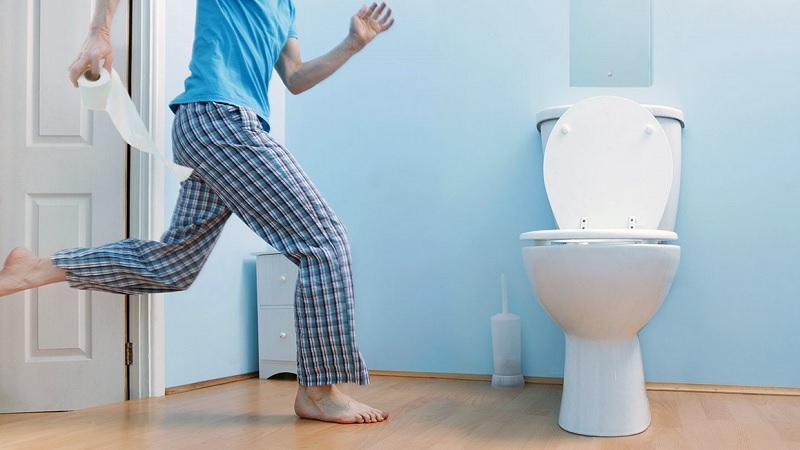Frequent urination can be a frustrating and disruptive condition for many men. It can interfere with daily activities, sleep patterns, and overall quality of life. While there are various conventional treatments available, an increasing number of individuals are turning to homeopathic medicine for frequent urination in males. This natural approach offers a gentle and holistic way to address the underlying causes of this common issue.

In this comprehensive guide, we’ll explore the world of homeopathic remedies for frequent urination in men. We’ll delve into the causes of this condition, discuss how homeopathy works, and examine specific remedies that have shown promise in alleviating symptoms. Whether you’re new to homeopathy or have been considering it as an alternative treatment, this article will provide you with valuable insights and information to help you make informed decisions about your health.
Understanding Frequent Urination in Males
What is Frequent Urination?
Frequent urination, also known as polyuria, is a condition characterized by the need to urinate more often than usual. While the definition of “normal” urination frequency can vary from person to person, most healthy adults typically urinate between 6 to 8 times in a 24-hour period. If you find yourself needing to urinate more than 8 times a day or waking up multiple times during the night to use the bathroom, you may be experiencing frequent urination.
Common Causes of Frequent Urination in Men
Before we dive into homeopathic treatments, it’s essential to understand the potential causes of frequent urination in males. Some common reasons include:
- Benign Prostatic Hyperplasia (BPH): This condition involves the enlargement of the prostate gland, which can put pressure on the urethra and cause urinary symptoms.
- Urinary Tract Infections (UTIs): Although more common in women, men can also develop UTIs, leading to increased urinary frequency and urgency.
- Overactive Bladder: This condition causes sudden, involuntary contractions of the bladder muscle, leading to frequent urges to urinate.
- Diabetes: High blood sugar levels can cause increased urine production as the body tries to flush out excess glucose.
- Prostatitis: Inflammation of the prostate gland can lead to various urinary symptoms, including frequency.
- Certain Medications: Some medications, such as diuretics, can increase urine production and frequency.
- Neurological Conditions: Disorders affecting the nervous system can interfere with normal bladder function.
- Bladder Stones or Tumors: These can irritate the bladder and cause frequent urination.
- Excessive Fluid Intake: Consuming large amounts of fluids, especially before bedtime, can lead to increased urination.
Understanding the underlying cause of frequent urination is crucial for determining the most appropriate treatment approach, including homeopathic remedies.
Introduction to Homeopathy
What is Homeopathy?
Homeopathy is a holistic system of medicine developed by German physician Samuel Hahnemann in the late 18th century. It is based on the principle of “like cures like,” which suggests that a substance that causes symptoms in a healthy person can be used in small, diluted amounts to treat similar symptoms in a sick person.
How Does Homeopathy Work?
Homeopathic remedies are prepared through a process of successive dilution and succussion (shaking). The resulting remedies are believed to stimulate the body’s natural healing mechanisms, encouraging it to restore balance and health. Unlike conventional medicine, which often focuses on suppressing symptoms, homeopathy aims to address the root cause of the condition and promote overall well-being.
Benefits of Homeopathic Medicine for Frequent Urination in Males
- Gentle and Non-Invasive: Homeopathic remedies are typically well-tolerated and do not cause harsh side effects.
- Individualized Treatment: Homeopathy takes into account the unique symptoms and constitution of each patient.
- Holistic Approach: It addresses not only the physical symptoms but also the emotional and mental aspects of health.
- Complementary to Other Treatments: Homeopathic remedies can often be used alongside conventional treatments without interactions.
- Long-Term Relief: By addressing the underlying cause, homeopathy aims to provide lasting relief rather than temporary symptom suppression.
